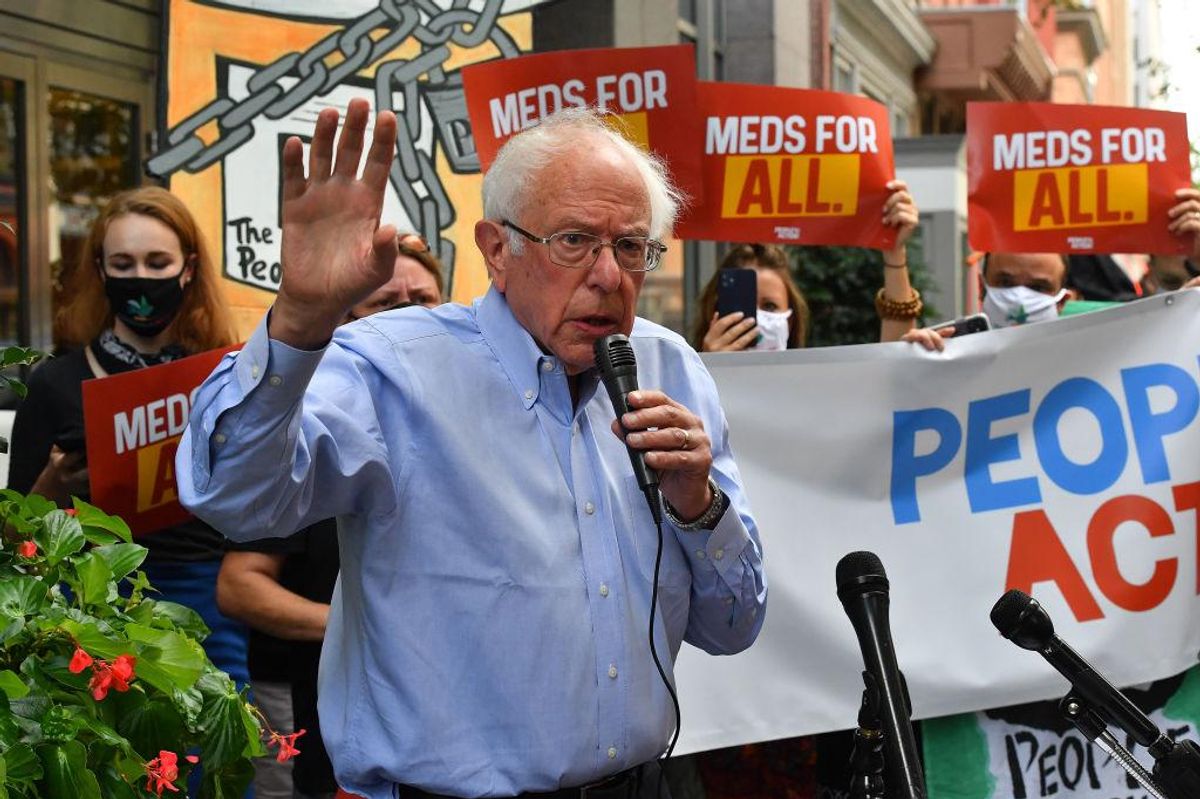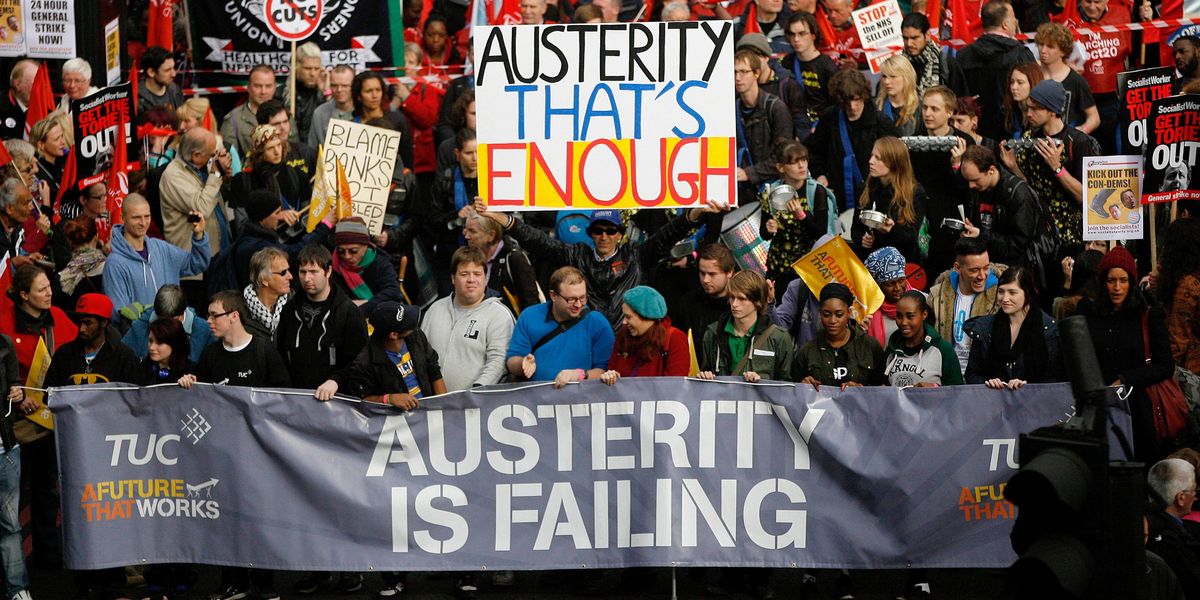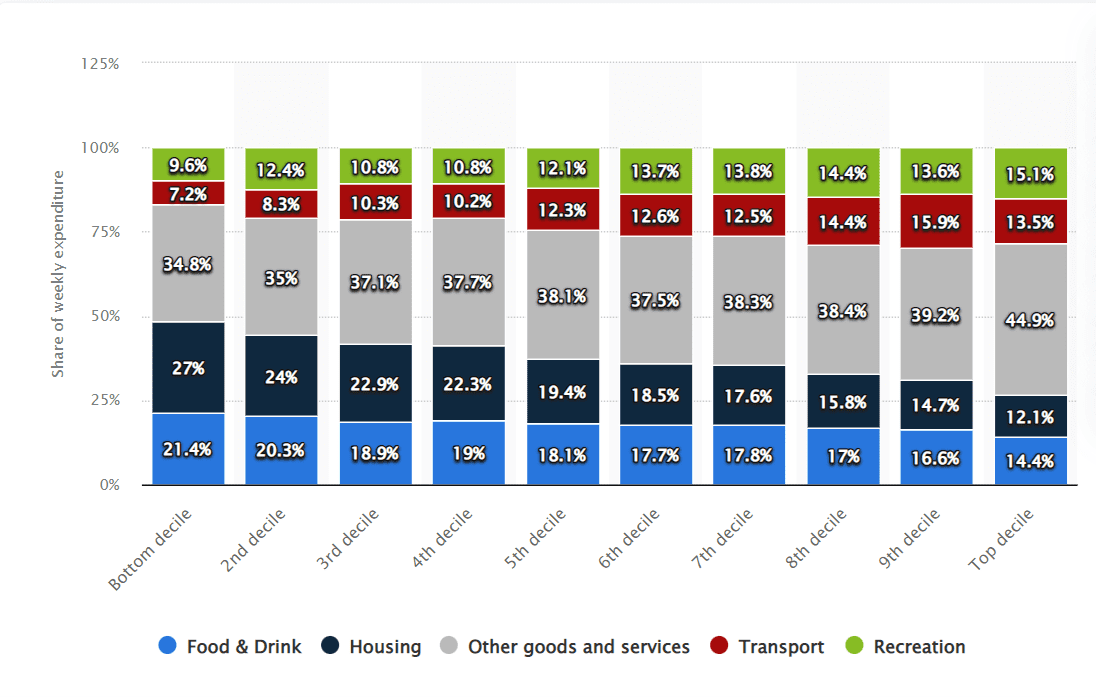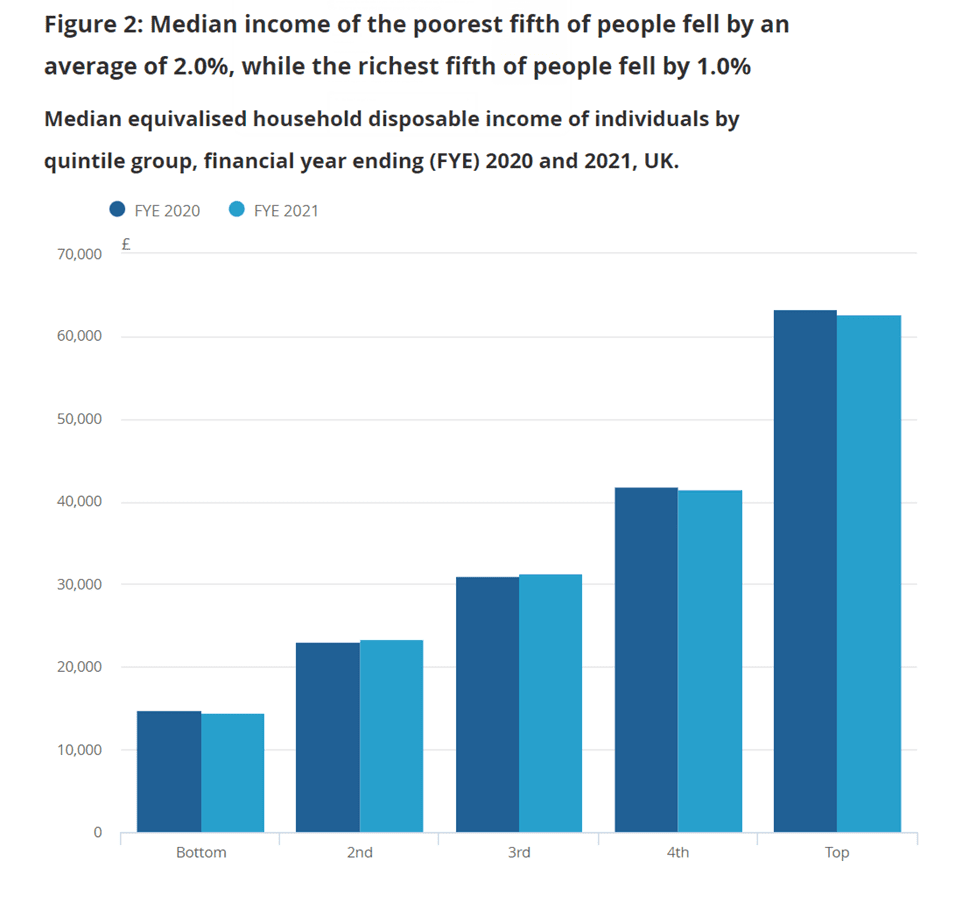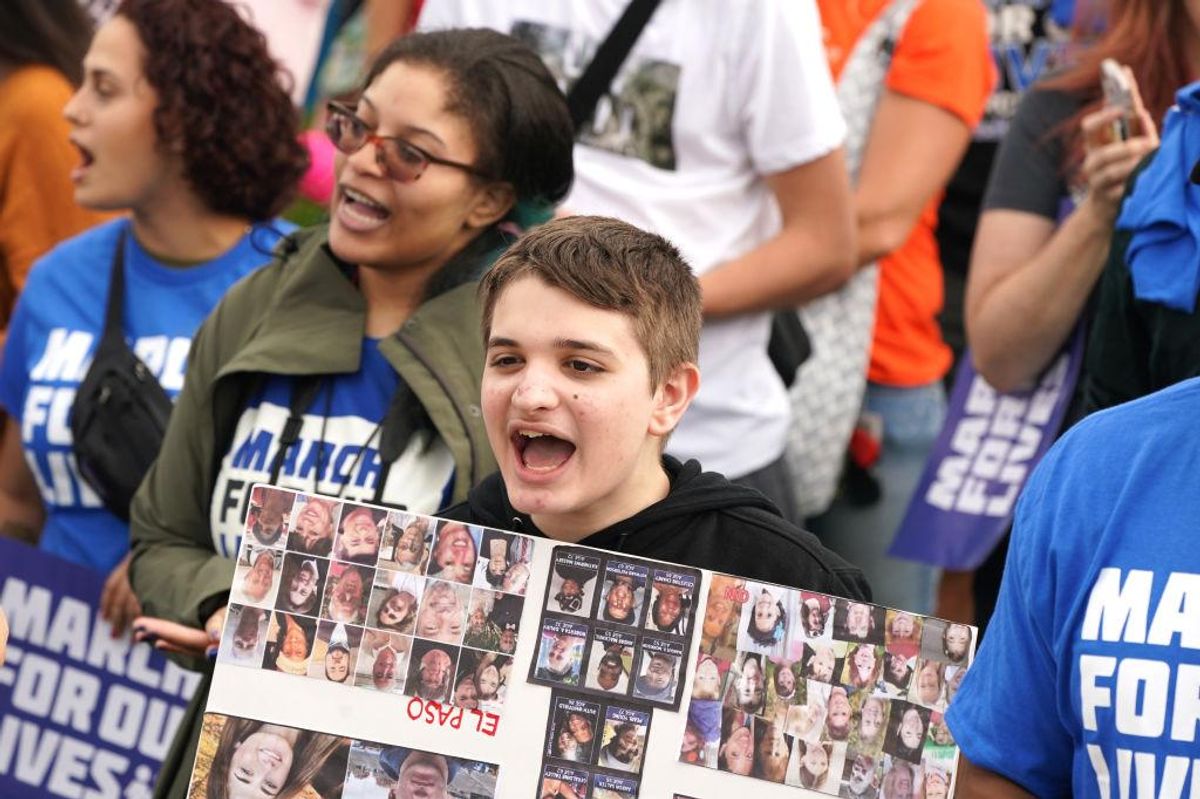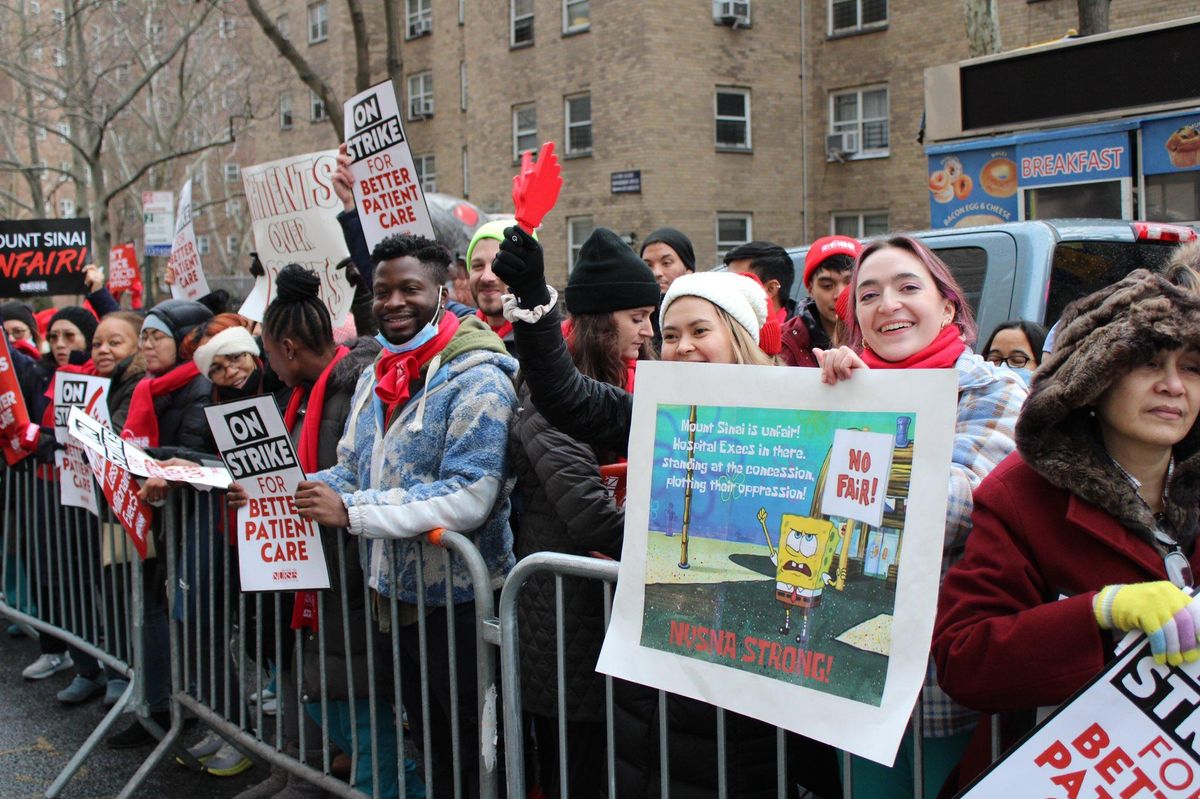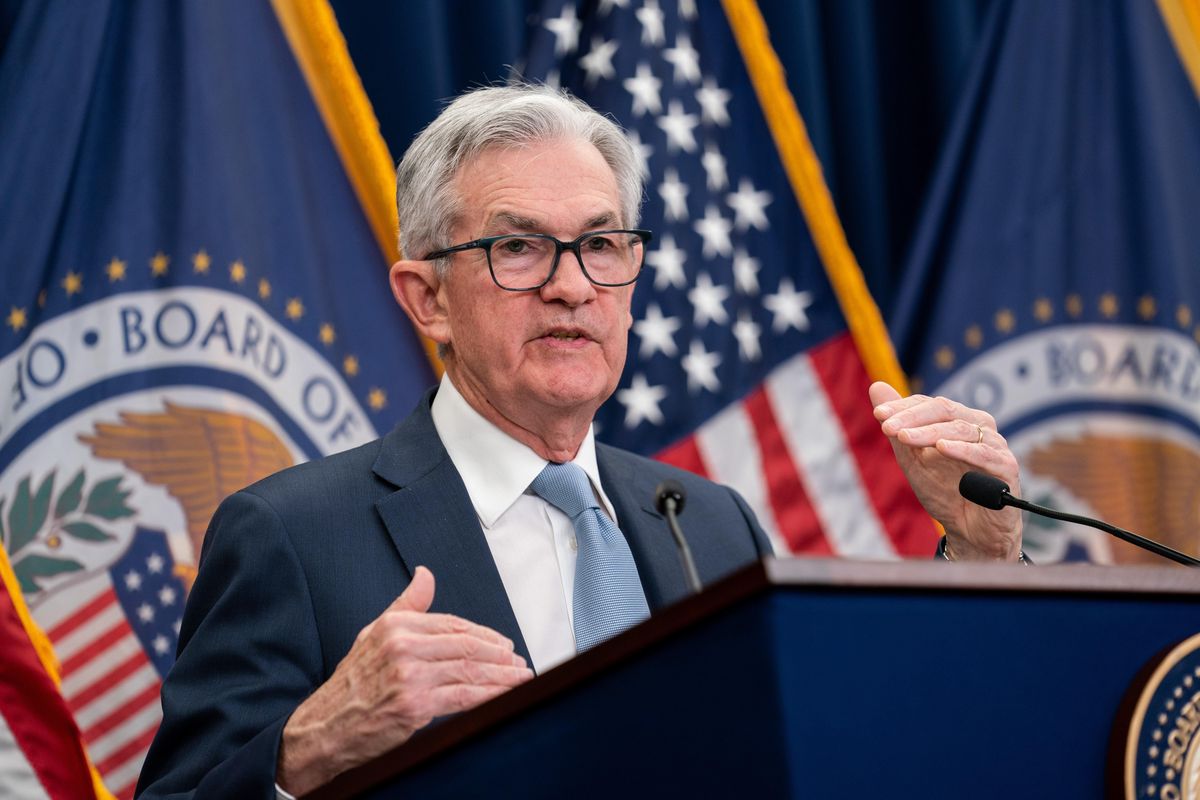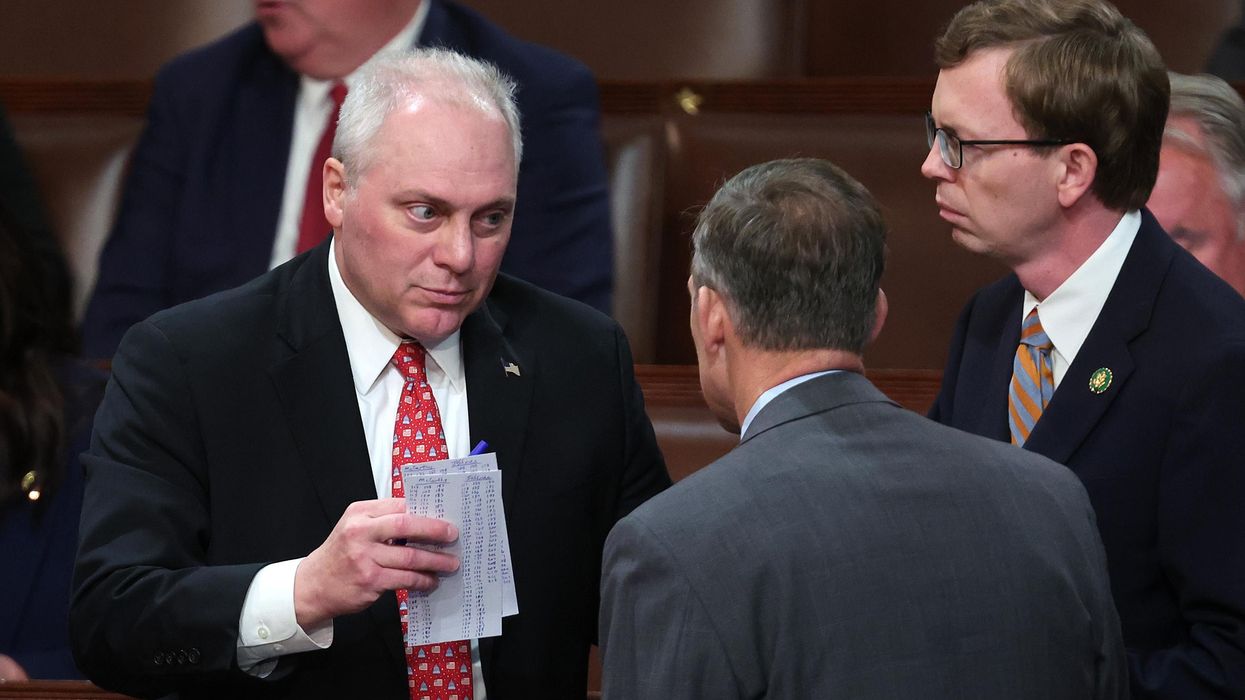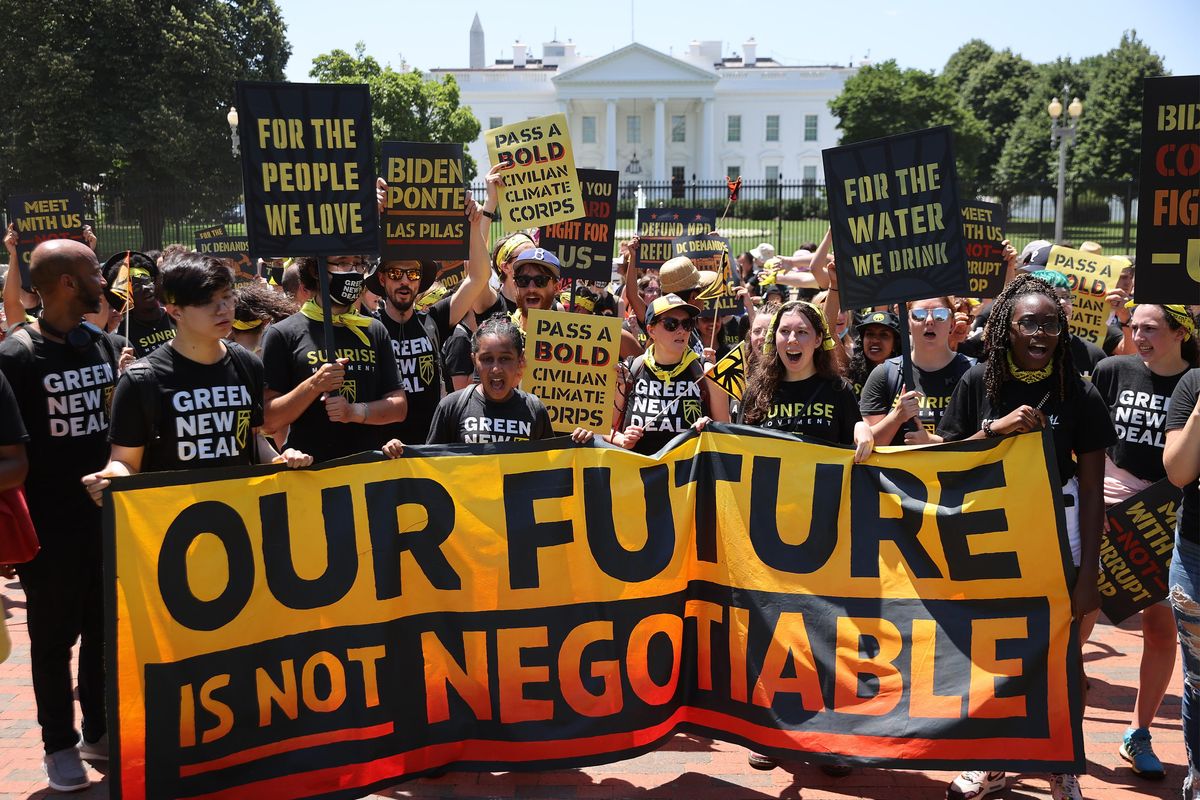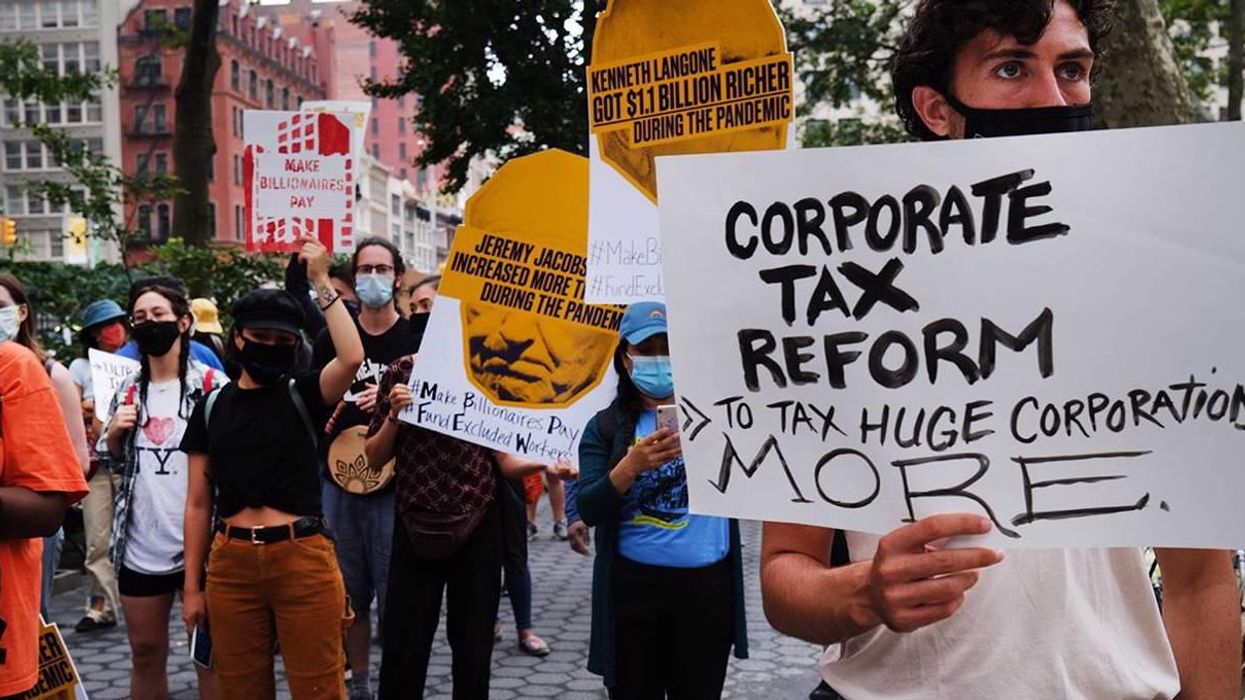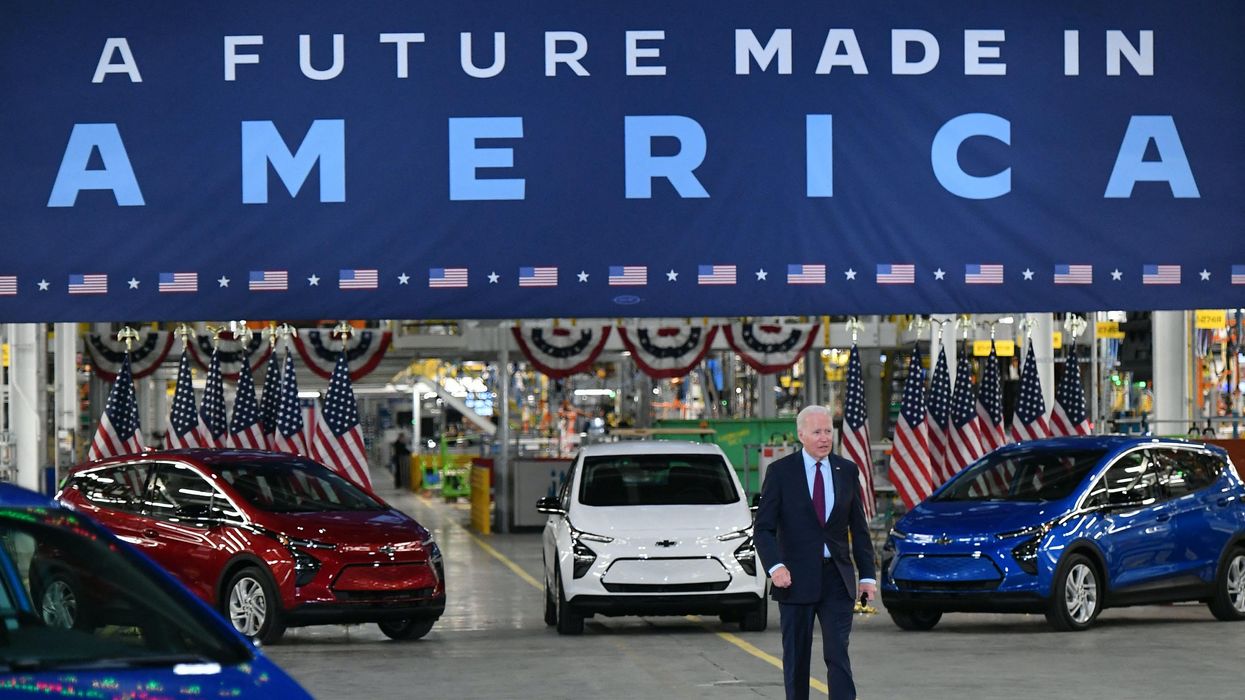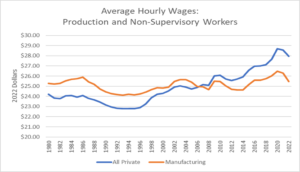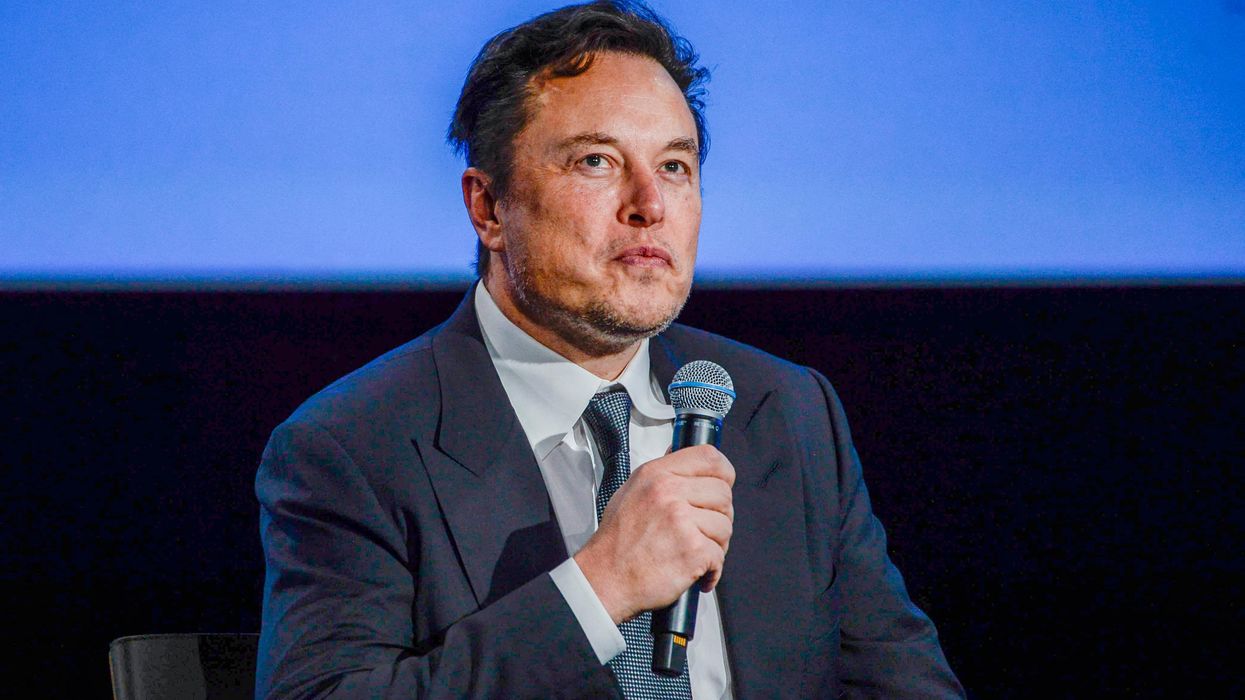Janine Jackson interviewed Mother Jones‘ Michael Mechanic about defunding the IRS for the January 27, 2023, episode of CounterSpin. This is a lightly edited transcript.
CounterSpin230127Mechanic.mp3

Simon & Schuster (2022)
Janine Jackson: ”But can we afford it?” is Big Media’s core debate question—when the “it” is housing for the homeless or universal healthcare or infrastructure maintenance. We may need it, but alas we, it turns out many times, can’t afford it.
Taxes, of course, are a core way that society pays for things, but as prevalent as is the premise that the country lacks the resources to do things that majorities cry out for—that other industrialized countries do—if anything, louder is the same corporate media’s cry that taxes are too high. And maybe that, come to think of it, is the cause of people suffering.
Those of us who aren’t so wealthy we forget how many houses we own, or mad that people living in boxes don’t pay the state to justify their existence, those of us who think the point to living in a society is shared costs and shared benefits—well, we have a central stake in tax policy, but not so central a place in corporate media’s conversation about it.
Michael Mechanic has been writing about tax policy and its impacts for years. He’s senior editor at Mother Jones, and author of the book Jackpot: How the Super-Rich Really Live—and How Their Wealth Harms Us All, out from Simon & Schuster.
He joins us now by phone. Welcome to CounterSpin, Mike Mechanic.
Michael Mechanic: Good to be here.
JJ: Let’s set up the most current events with a little backstory. I’m thinking about ProPublica, in 2019, reporting that, first of all, the IRS audits the poor—people claiming the earned income tax credit, where average recipients make less than $20,000 a year—that the IRS audits them comparatively more than they do the affluent.
MM: That’s right.
JJ: But then, the salt for that wound is that when Congress asked the IRS why it audits the poor more than the wealthiest—”where the money is,” as Willie Sutton might say—the IRS response was that, well, it’s easy to audit the poor, and it’s really hard to audit the wealthy. And it just doesn’t have enough money or enough people to audit the wealthy, so it just isn’t going to.
Well, their priorities are a separate matter from their budget, of course, but underfunding of the IRS is still a reality. And there was some effort to respond to that, right, in the Inflation Reduction Act. But then what happened there?
MM: Well, the money has been approved by Congress. It’s close to $80 billion over 10 years, and that money should bring the IRS up to where it needs to be. But what happened is, the IRS had a relatively flush budget back in the ’80s, early ’90s, and starting with the Republican Revolution in 1994, with Newt Gingrich taking over the House, Republicans started a concerted attack on the IRS, and chipped away at it over the years.
And especially after 2010, when the Republicans regained the house during the Obama years, they really went after the IRS.
And there were these dog and pony show hearings, drummed-up stuff about the IRS going after conservative groups, which was true, but they were sketchy groups. And also they were going after liberal groups, too—you just didn’t hear much of that at the time.
And what they managed to do is just hack away the IRS budget. They cut it by about 20%, 25%, and they also cut the enforcement budget, more specifically. So the IRS lost a big chunk of its workforce, and most notably, it lost the experts that are required to unravel these incredibly complicated tax returns of sophisticated partnerships and businesses and corporations, and very, very wealthy individuals who have really smart lawyers on their payroll, who are all pushing the envelope of tax avoidance. There’s a lot of gray areas of what’s legal and what’s not.
And when you don’t have the manpower, this stuff is daunting, and you really need sophisticated tax lawyers—who can get paid more, incidentally, in the private sector, right? So the IRS lost a lot of its top guns, and that left it knee-capped and unable to address these wealthy returns, and you saw this soaring of avoidance.
JJ: Right. Like my colleague Jim Naureckas says, cheating on taxes is a luxury only the rich can afford. And that’s certainly exacerbated when the IRS and their enforcement are under-resourced.
MM: Right. Because you have to get caught, and even if they do catch you and call you in, they bring you into this sort of special tax court, which most people have never heard of.
It’s essentially where this very, very top tier of the richest people in America do their litigation with the IRS. And it seems to be somewhat friendly to them, because they win in a lot of cases.
And there’s also an appeals process. If they lose in the tax court, they appeal it and appeal it. And it might cost them hundreds of thousands of dollars in legal fees, but they could save millions in the process.
JJ: Exactly. As opposed to low-income workers who, ProPublica noted, once they were audited—which involved pulling in a lot of documentation that many folks didn’t have—once they were audited, 68% of them were less likely to claim the earned income tax credit in the future, compared to those who weren’t audited. And 14%, they were less likely to file taxes at all.
In other words, poor people, once they go through this auditing process, which is cheaper and easier for the IRS to do, they leave money on the table out of fear.
MM: Right. It’s absolutely true that if you look at the audit rates, it’s always higher on the very bottom, and it used to be pretty high on the very top. Under Obama, I think, 2010 was the year it peaked, and it was basically one in four people who reported adjusted income of over $5 million a year were getting audited—as they should be, because there’s just a lot of cheating that goes on at that level. So you really got to watch carefully what people do.
But as far as the poorer people, a lot of people do claim credits that—you know, they’re not sophisticated people. They don’t have help, or some shoddy tax preparer on the corner tells them they can do this, when they can’t really.
And so there’s also a high rate of audits there, and it’s almost automatic for the IRS. Whereas with these wealthy people, they will do this calculation: How likely are we to be able to get extra money, apart from what we put into our investigation? Which is a bad way of doing it, really, right? It’s the transactional way of thinking about it.
But they do, as an institution, kind of have to think that way: Can our budget justify this? And if it doesn’t, they’ll say, well, let’s just let it pass. Not worth going after Donald Trump’s tax expenses.
JJ: Right. Didn’t the Inflation Reduction Act, to bring us back, didn’t it include some effort to beef up the IRS’s capacities in this regard?
MM: Yeah, that was the point of it. It was almost $80 billion; about $47 billion, $46 billion of that went to enforcement. And there was some footnote in one of the reports, saying that this money will allow the IRS to maintain a workforce of 87,000 people.
Well, the Republicans picked up on that, and started saying “87,000 new IRS agents,” which was completely wrong, and they knew it. The total workforce of the IRS right now is probably around 80,000 people, and they really made it sound like they were going to double the workforce, and hire all these guys to come after middle-class taxpayers and poor taxpayers.
And it was nonsense. What that 87,000 is, is over 10 years of attrition: people leaving their jobs, having to replace them with new people. It would support that workforce, right? But it’s not new agents. And it also included everything from IT guys to the people who answer the phone when you call and need help on your taxes, which has been a big problem.
But see, not only is the IRS strapped with enforcement, an average taxpayer calls the place, can’t even get through when they have problems. So that’s been a real issue, and that makes people hate the IRS even more than—you know, nobody likes the IRS, nobody likes paying taxes. I think a lot of people say, “I believe that we should pay taxes and support the common good.” But personally? everybody hates it.
JJ: Exactly. And partly because of the opacity and the disconnect between what they feel they’re paying for, and then the responsiveness that they’re seeing. And then, of course, partly because of the very obvious unfairness that folks see, in terms of very wealthy individuals and very wealthy corporations who benefit a lot from social goods. When it comes to tax time, somehow they weirdly owe and pay nothing.
MM: Yeah, I was saying this is why the Republican Party has been basically trying to make it sound like all this funding is going against ordinary taxpayers, when, in fact, the main thrust of it was to beef up its top-notch enforcement and go after the wealthier taxpayers, from which they think they can recoup a lot more taxes already owed.
JJ: But now we’re looking at what listeners will have heard described as the Family and Small Business Taxpayer Protection Act, which is ostensibly a response to this resourcing of the IRS that the Inflation Reduction Act was going to introduce.
Whether or not it has a chance, we are in fact looking at it. So what might listeners have read about this Family and Small Business Taxpayer Protection Act, about what it would do, as compared to what you see it actually doing, should it come to pass?
MM: What it does is repeal almost all of the money that was allocated for the IRS in the Inflation Reduction Act—it’s like $72 billion out of the $80 billion, it takes back—and it takes back all the enforcement funding.
It takes back funding for oversight for the inspector general of the Treasury for taxation, that actually in 2020 came out with a report on high-income non-filers, which was, I think, embarrassing to some people, basically showing that there’s a lot of very wealthy people that just aren’t even paying. And not only that, the IRS didn’t have the capacity to even go after a lot of them.
Essentially, they want to gut what just happened. The new funding that was given to the IRS, they want to gut it, take it back.
But even just the name of the thing, “Taxpayer Protection Act,” it goes right with the rhetoric of, “The IRS is the bad guy that’s going to come after you.” And it’s easy for people to get riled up about this. And they do. The Republican rhetoric has led to all these crazy TikTok videos and social media posts by militia types, saying, “Yeah, I got your tax refund right here,” showing their guns, and the IRS has gotten all kinds of threats.
What this law actually does is make it easier to cheat on your taxes. It doesn’t protect taxpayers. As I put it in my piece, it protects tax cheaters. There are some middle-class people, yeah, they will be audited, but it’s a relatively small amount.
They talk about, they’re going after small businesses. Well, small businesses in America, the way they’re defined, could be quite large. “Small” and “medium-sized” businesses, we’re talking about, in some cases, billion-dollar businesses. Businesses with 500 employees. This is all smoke and mirrors, in a way.
It is interesting; in your intro, you talked about affordability, and that’s talked about quite a bit, but I would almost argue that affordability is beside the point, because we can pay for what we decide we want to pay for. It’s all about priorities—I mean, if you look at our military budget, etc.
But it’s a game that the politicians play. We can afford what we decide to afford, and it all has to do with how much we ask people to pay. So if you slash taxes, of course you’re going to have a bigger deficit. And the Republicans, they’re so against running deficits and the national debt; at least when the Democrats are in power, they complain and complain about the national debt. They never complain about it when the Republicans are in power, which is just kind of interesting.
But then they put forth proposals like this one, the Taxpayer Protection Act, that would actually make the debt worse.
There’s a disconnect there. It’s all politics.
JJ: Absolutely. And that is my point, is that whatever the budget, the priorities are always the bottom line. And then, big picture, I think some folks respond to this whole overarching story about tax cheating as, well, it’s all a game and it’s over my head. Or even, well, it’s OK, because someday I’ll be a billionaire, and I’ll want to hide it from the taxman too.
But to me, it does come back to a big role that I think news media play, which is not just in exposing hidden realities of the way codes work, against who actually pays, against who pays relative to what they bring in.
But I do think that newspapers tell folks a lot about where their interest lies, and also tell them about whether change is even possible. I wonder what you think about the role of reporting in explaining the situation to people, and maybe showing them what levers for change they have.
MM: If you are interested in reading it, there’s actually quite a lot written on this stuff. I mean, I write about it all the time. The New York Times writes about it. ProPublica has done fabulous work on this, really great investigative work showing how people game the system.
And I think what you said earlier, about this ethos that, well, I could get there someday and have these advantages, and so I wouldn’t want to take them away from people. That’s part of this mythical American ethos of mobility that really doesn’t exist. I mean, it’s not real for most people.
We have always fetishized, in America, the rags to riches stories. And in my book, I cite this example where Bono from U2, who is Irish, is talking to Larry King, the former CNN interviewer, and he says, here in America, you look up at the guy in the mansion on the hill and you say, someday I could live in that mansion. And in Ireland, we look up at the guy on the hill and say, someday I’m going to get that bastard.
So in America, we really do have a different way of viewing our wealthy people. Sure, we gripe about them, but there’s always this idea, hey, I could make it. And it’s an unrealistic fantasy.
JJ: Dorothy A. Brown also who teases out different impacts of tax policy on Black people, for example—which is also a distinction lost in this kind of coverage that we’re talking about.
But she says that she gets pushback, when she talks about disparate impacts of tax policy on different people: “Well, there’s nothing in the tax code about race.” And which, to the extent that that’s true, it’s because that data isn’t collected.
And so I think the same sort of thing can be said about reporting. If I never read about the way tax policy affects different groups differently, well, then I may never actually consider that. I might not think about that. And the idea that there’s an “us” that’s regular folks, and tax policy hits us all equally, and then there’s rich people, and we can think about the way tax policy hits them.
I just feel that journalists, and I know you’ve cited examples, but I feel that journalism in the main could do a better job of situating the role of taxes as a societal resource, and of tax collection, as, like, who it comes from, and who is able to just scurry away from it again and again and again.

Michael Mechanic: “You read very little about taxation as a good thing. It’s always the attacks on taxation, and the reporters act as stenographers.”
MM: There’s also—you read very little about taxation as a good thing. It’s always the attacks on taxation, and the reporters act as stenographers. And I even saw the New York Times the other day, quoting 87,000 new—well, they didn’t say “agents,” but they said new “employees.” And the fact is, if you say you have a business, you have a hundred employees and 20 quit, and you hire 20 more, well, are those new employees? Technically, they’re new, but you’re just bringing your workforce up to speed, right? And that’s what this 87,000 number is.
So whenever you call them new people, you’re kind of missing…. I was like, come on New York Times, you should know better than that.
JJ: Yeah. And it sounds as though they’re putting in new folks to do some sort of ideological mission and that’s not really—we’re talking about a federal agency trying to do its job.
MM: You know what’s interesting? I read about this in Michael Lewis’ book, The Fifth Risk. There are actually some federal agencies that are banned by statute from publicizing what they do, and their victories, and how they help people. The reason those laws exist is because somebody in Congress doesn’t want them to be able to tell their victories, because they want people to see government as this bad thing.
And the government ends up playing all sorts of crucial roles that we never even hear about because of this. I think the IRS is in that realm. I mean, I’m not sure about that, but you don’t see many positive stories about the IRS, in which you actually hear from people within it, because to most of us the IRS is this big, windowless giant, that’s kind of evil and doesn’t have real human beings in it.
JJ: It just brings me back to a kind of misunderstanding that is allowed about the way that the IRS actually works, but then also the way that taxes actually work, and that government actually works. And I guess it brings me back to the beginning of, we have a conversation about how we as a society can’t afford certain things, we can’t pay for certain things, and that exists, that sort of scarcity, lifeboat mentality exists, alongside a situation where people understand that we have incredibly, obscenely wealthy people.
And I look to journalists to connect that disconnect, and tax policy is one way that they could do it.
MM: Yeah. I will admit that at some points when I’m writing, I fall victim to that same thinking, of the affordability thinking. And I’ve had people call me on it, people who are really obsessed with this issue, say, hey, you should read this and this.
But to some degree it’s really true. When I talk about the tax code to people, I say it’s really a moral document. It’s a list of our society’s priorities, what we ask people to pay and what we give in return, and to whom. And the way it’s been structured, for quite a long time, is to give more to people who already have, to the people with passive capital.
Say you have $20 million in excess of your house and your needs, and you put that in the stock market. That’s passive capital. And so you make a lot of money off that, you’re taxed at a much lower rate than the money you get from a paycheck, from working.
And people try to rationalize this in various ways. And one of the things I hear people say is, well, you have to incentivize investment, blah, blah, blah. And I say, what are they going to do with that money? Are they going to keep it under their mattress if you raise the tax rates? I don’t think so.
Biden wanted to raise the capital gains tax rate, which is what you pay on those profits from an asset you buy and then later sell. He wanted to raise it to the same rate as ordinary wages, and that would have been part of the Build Back Better thing. And of course that whole thing just didn’t fly.
The New York Times actually did some great reporting on this, about the revolving door between the wealth management finance world and the Treasury Department.
And so you have people coming in and out of that industry, and that industry lobbies heavily to keep all these tax advantages for the wealthy, and so it’s very hard to get rid of them. Then they leave government, they go back to the firms, they get rewarded for it.
In my reporting, I’ve come across a lot of so-called progressive, extremely wealthy people, and they say, “Hey, I think we should be taxed more, and I’ll say that publicly.” And there are even some groups that exist calling for changes in policy to make the tax code fairer to everyday people, and to tax the wealthy at greater rates.
But then, on the backside, these people are enlisting the wealth industry to manage their money. And the wealth industry is lobbying to keep those advantages. So you’re having it both ways. You get to be the good guy, and you’re helping the bad guys.
JJ: I want to end just there, where we’re talking about human beings, because that’s actually at the front end and the back end of all of this. So we will continue this conversation going forward, but for now, I’d like to thank you very much.
We’ve been speaking with Mike Mechanic; he’s senior editor at Mother Jones and the author of the book Jackpot: How the Super-Rich Really Live—and How Their Wealth Harms Us All. Thank you so much, Mike Mechanic, for joining us this week on CounterSpin.
MM: I really appreciate you having me.
The post ‘We Can Pay for What We Decide to Pay For’ appeared first on FAIR.
This post was originally published on FAIR.

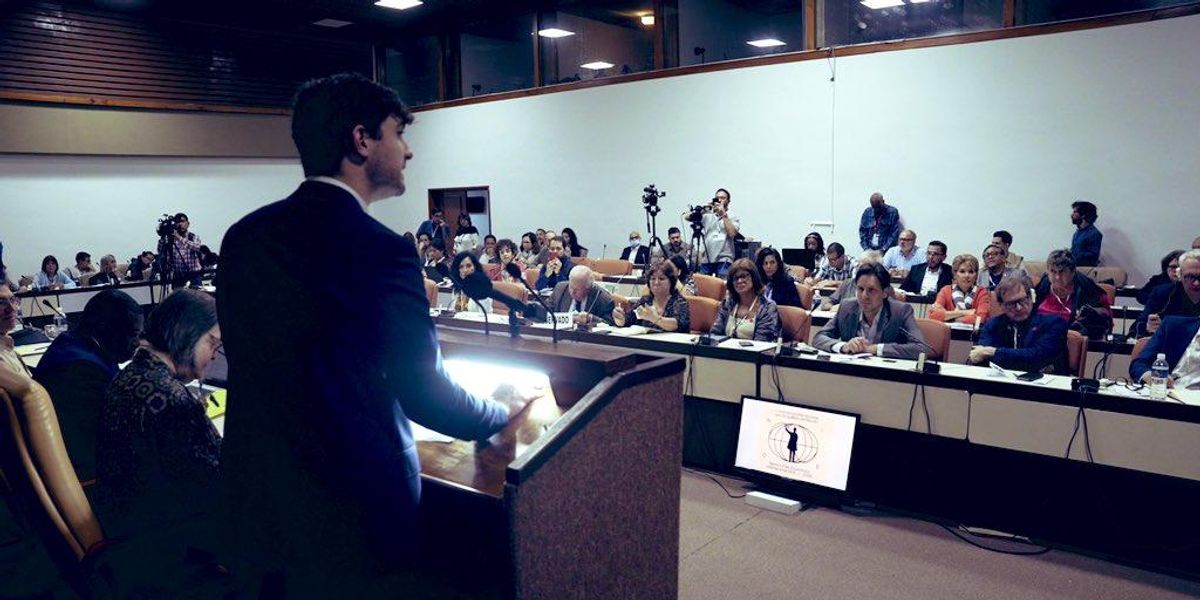

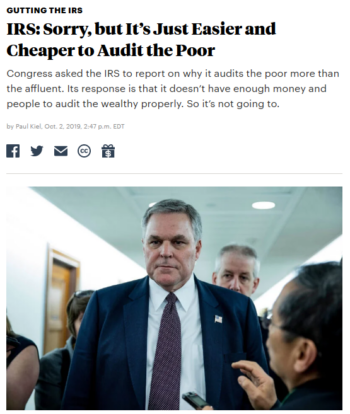







 This week on CounterSpin: If repeated messaging about how we “can’t afford” public goods but we should always be “cutting taxes” isn’t discordant enough, corporate media’s guiding yet unspoken theory has some corollaries—one of which is that because wealthy people pay large (if not proportionate) amounts of money in taxes, they should get policies that reward them, including those allowing them to keep, and grow, their extreme wealth and its concomitant power. That’s how we wind up with congressional Republicans’
This week on CounterSpin: If repeated messaging about how we “can’t afford” public goods but we should always be “cutting taxes” isn’t discordant enough, corporate media’s guiding yet unspoken theory has some corollaries—one of which is that because wealthy people pay large (if not proportionate) amounts of money in taxes, they should get policies that reward them, including those allowing them to keep, and grow, their extreme wealth and its concomitant power. That’s how we wind up with congressional Republicans’ 


